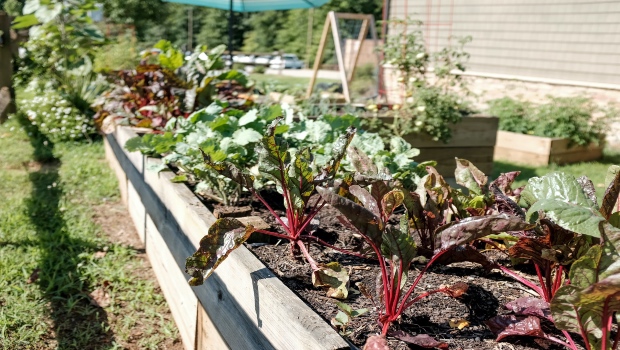The pandemic has pushed many of us to rethink our monthly budgets and cut back on costs where we can. With job loss and economic instability at an all-time high, a veggie garden offers respite from monthly food costs.
A home vegetable garden is one of many ways that you can help you stretch your budget and it helps that it is an aesthetically pleasing and relaxing way to unwind outdoors tendering to your fresh plants.
According to our research and expert insight, these seven vegetables are easy to grow at home:
- Carrots
- Bush Beans
- Kale
- Spinach
- Lettuce
- Sweet Corn
- Sugar Snap Peas
Maria Bodenstein – Department Manager at Stodels Garden Centre in Centurion highlights that you do not need a green thumb to plant these veggies at home: “These vegetables are not only easy to grow but don’t need much attention.”
When choosing an area in your garden or even indoors, it is important to consider the following factors; space allocation, water supply and light conditions such as sun, semi-shade and shade. This will determine where you would need to allocate planting space and if your chosen veggies will thrive in said space.
Must-know tips for planting veggies at home
Here are four important tips of advice when planting veggies at home:
- Mix Compost with an organic fertilizer such as Gwano Pellets and work it in with the current soil you are using. The Gwano Pellets mixed in will provide a rich combination of soil and fertilizer – helping improve the quality of freshly produced vegetables.
2. Ensure that your vegetable garden has irrigation or a hosepipe with tiny holes that can water down to the roots. Vegetables are not fond of water on top of leaves, since the sun can burn them.
3. Don’t leave vegetables like Bush Beans, Sugar Snap Peas, Kale, and Spinach to grow without regularly picking off the leaves or vegetables.
4. To save water, opt for a soaker-hose or a sprinkler hose to ensure the plants are effectively watered. This option also saves water as it provides water directly to the roots of plants without wasting.
“Don’t neglect your vegetable garden regarding cleaning up (weeds). Make sure you use fertilizer and water as required. Just like the human has to eat and drink, so does your vegetable garden, to produce vegetables,” adds Bodenstein.

